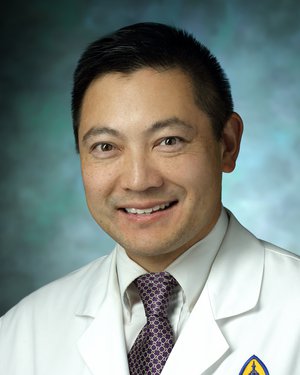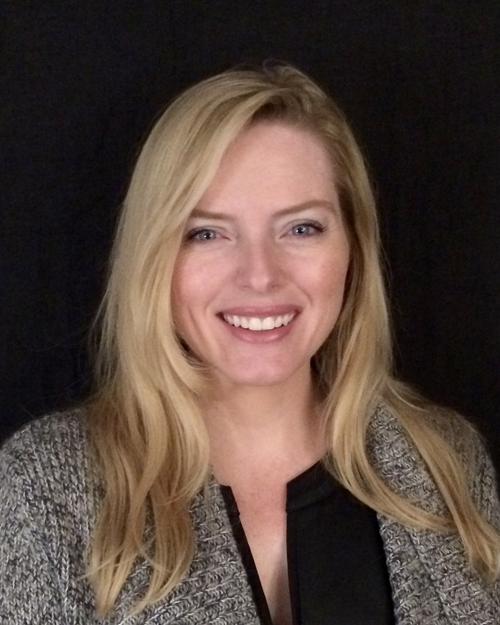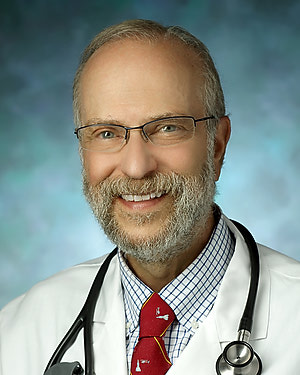-
Ed Hsu, MD

- Associate Director, Critical Event Preparedness and Response (CEPAR)
- Professor of Emergency Medicine
Expertise: Emergency Medicine
-
J Lee Jenkins, MD

- Associate Professor of Emergency Medicine
Expertise: Emergency Medicine
Research Interests: Decision making, Disaster Medicine, Emergency medical services, Hospital disaster preparedness, Triage
-
Gabe D. Kelen, MD

- Director, Department of Emergency Medicine
- Professor of Emergency Medicine
Expertise: Emergency Medicine
Research Interests: Disaster Health, Emergency Medicine, Emerging Infections
Disaster Fellowship

Goal
The mission of the Disaster Medicine Fellowship is to develop fellows with the skills necessary to become academic leaders of disaster preparedness, management, and response.
The program includes focus on disaster preparedness and response at the hospital, state, and federal level, emergency public health and disaster didactics in the field and the classroom, mentorship, and the development of research skills.
Program Description
Objectives
- To acquire knowledge of public health and disaster-related issues through the acquisition of a Masters in Public Health (MPH) degree
- To understand key areas of disaster management and humanitarian response
- To have the ability to conduct academic and clinical research related to disaster and humanitarian response
- To develop and conduct educational activities for physicians, medical students and allied health professionals
- To learn the skills of disaster and austere medicine by integrating emergency medicine with international health and field medicine
The curriculum for the Disaster Fellowship integrates formal public health, research and teaching training with disaster-related field work. The curriculum will be divided into five specific areas:

Public Health Training
The core of the didactic curriculum involves obtaining an MPH from the Hopkins Bloomberg School of Public Health. There are many learning tracks in the school, but an emphasis is placed on the disaster/humanitarian track and epidemiology. The fellowship schedule is more flexible for applicants already with an MPH degree.

Disaster Field Work
Practical experience is a key component of the Fellowship. Fellows will spend time each year both in disaster and other austere settings as determined by events and their schedule. Field work will be arranged and coordinated by the fellow under the supervision of the Fellowship Director.
Teaching
Public speaking and teaching skills are essential to leadership development. Supervised educational training will take place in lecture, bedside and scenario settings in order to develop a variety of teaching skills. Fellows are given the opportunity to teach in classes at the School of Medicine, in the residency program and as part of the Johns Hopkins Austere Medicine course.
Research
Research will emphasize innovations in disaster science. There are a wide variety of faculty in the Schools of Medicine and Public Health to mentor fellows in research methodology and implementation. Each fellow will complete at least one research project related to their work, of sufficient quality for publication.
Clinical Emergency Medicine
Fellows work 800 clinical hours per year as faculty at one of the three core hospitals of the JHU Department of Emergency Medicine. The fellow will participate in other academic activities in the Department of Emergency Medicine, including grand rounds presentations, conferences and literature reviews.
Academic Requirements
- Fellows will be expected to produce at least 1 peer reviewed research manuscript at completion of fellowship program.
- Fellows will successfully complete an MPH degree at the Bloomberg School of Public Health.
- Fellows will successfully complete two months as teaching attending at the JHU over the two years.
Prerequisites
- Board certified or prepared in Emergency Medicine
- Ability to obtain medical license in Maryland, USA
- Ability to obtain a clinical appointment at a Johns Hopkins Hospital
- Ability to matriculate to the Bloomberg School of Public Health for a Masters in Public Health degree
Program Length
2 years
Start Date
Usually July 1, but mid-year candidates can be considered
How to apply
Interested candidate should contact the Fellowship Director for more information and should provide:
- Personal Statement and CV
- 2 letters of recommendation, forwarded from the recommender
- Academic writing sample such as an essay, published paper, or poster
Fellowship Director

J. Lee Jenkins, M.D., MS
Disaster Fellowship Director
Associate Professor, Department of Emergency Medicine
Email: jenkins@jhmi.edu
Dr. Jenkins is Director of the Disaster Fellowship and an Associate Professor in Emergency Medicine at the Johns Hopkins University School of Medicine. She is internationally known in disaster medicine and responder wellness. Dr. Jenkins serves as a Board Member for the World Association of Disaster and Emergency Medicine and is the previous Chair of the Department of Emergency Health Services at the University of Maryland Baltimore County.
She is fellowship trained in Disaster Medicine and served as the Assistant Chief of Service and the Disaster Control Physician for the Johns Hopkins Hospital. Dr. Jenkins developed the PhD Concentration in Emergency Services at UMBC and the Johns Hopkins Medical School’s first course in Disaster Medicine and Emergency Public Health. She has received the Clinician Scientist Award at Johns Hopkins Hospital for her work in triage during hospital crowding.
